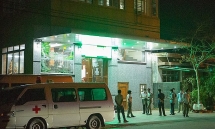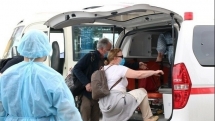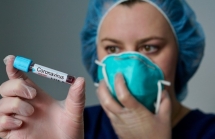Hand dryers won't kill coronavirus and nor will UV lamps
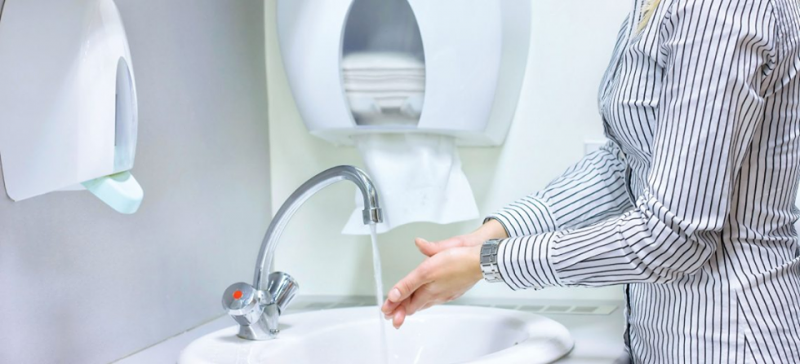 |
| After drying your hands with a paper towel, try not to touch other used items when throwing the towel away in the garbage. |
'To protect yourself against the new coronavirus, you should frequently clean your hands with an alcohol-based hand rub or wash them with soap and water,' the WHO said.
Once your hands are cleaned, you should dry them thoroughly by using disposable paper towels. For this reason, use of paper towels is already routine in health care settings.
These types of hand dryers can increase the dispersion of particles and microorganisms into the air, contaminating the environment.
In a 2018 study of researchers at the University of Connecticut School of Medicine found the dryers may suck in bacteria from flushing toilets and spread it onto your hands.
Cloth roller towels are also not recommended as they become a general use towel when the roll comes to an end – and can be a source of pathogen transfer to clean hands.
After drying your hands with a paper towel, try not to touch other used items when throwing the towel away in the garbage.
When you are leaving the bathroom, use a paper towel to handle the door knob so that you don’t just re-contaminate your hands.
Hand sanitizer can help but make sure you use it properly. Use enough sanitizer to cover all parts of your hands. Then massage your hands together and keep up the rubbing until they become dry.
However, washing your hands with soap and water, if done properly, is always better than just using hand sanitizer.
Ultraviolet lamps, which pump UV rays into the skin, also will not sterilise the skin.
They could, however, cause skin irritation, the WHO warned.
Long term, UV radiation which also comes from the sun can damage the DNA in cells, which in turn may lead to cancer. It's for this reason that tanning beds are advised against.
Hospitals and laboratories often use ultraviolet UV light to kill microbes, but never use it around humans.
New research published in the Journal of the American Medical Association shows that patients with the novel coronavirus extensively contaminate their bedrooms and bathrooms, underscoring the need to routinely clean high-touch surfaces, public sinks, door handles and toilet bowls.
COVID-19 most likely spreads via contact with virus-laden droplets expelled from an infected person’s cough, sneeze or breath. Virus-laden droplets may be carried by air flows and deposited on high-touch surfaces.
This led scientists to believe that, beyond catching the infection through coughing, environmental contamination was an important factor in the disease’s transmission, but its extent was unclear./.
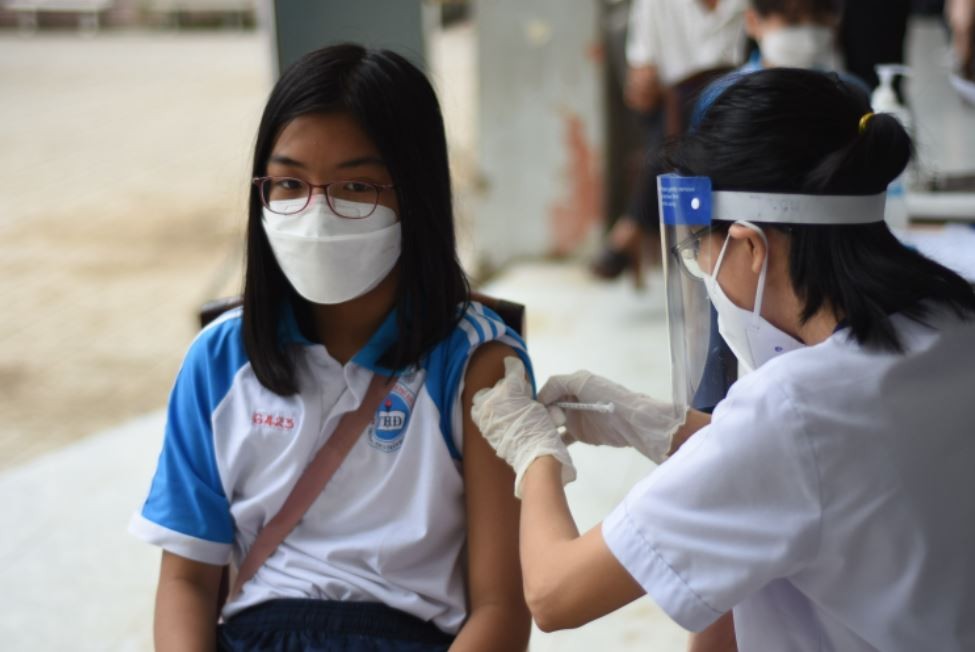 Focus
Focus
Vietnam Covid-19 Updates (May 1): Daily Infections Fall to Nine-month Low of 5,109
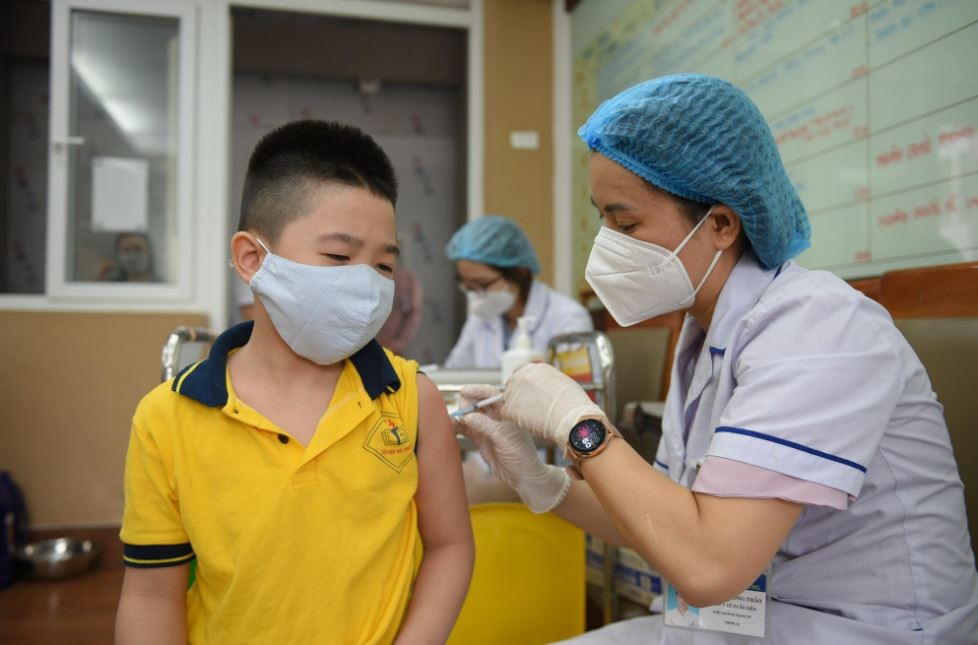 Focus
Focus
Vietnam Covid-19 Updates (April 29): 7,100 Cases, 79,000 Recoveries Reported
Recommended
 Handbook
Handbook
Vietnam Moves Up 8 Places In World Happiness Index
 Handbook
Handbook
Travelling Vietnam Through French Artist's Children Book
 Multimedia
Multimedia
Vietnamese Turmeric Fish among Best Asian Dishes: TasteAtlas
 Handbook
Handbook
From Lost to Found: German Tourist Thanks Vietnamese Police for Returning His Bag
 Handbook
Handbook
Prediction and Resolution for the Disasters of Humanity
 Handbook
Handbook
16 French Films To Be Shown For Free During Tet Holiday In Vietnam
 Handbook
Handbook
Unique Cultural and Religious Activities to Welcome Year of the Snake
 Handbook
Handbook

